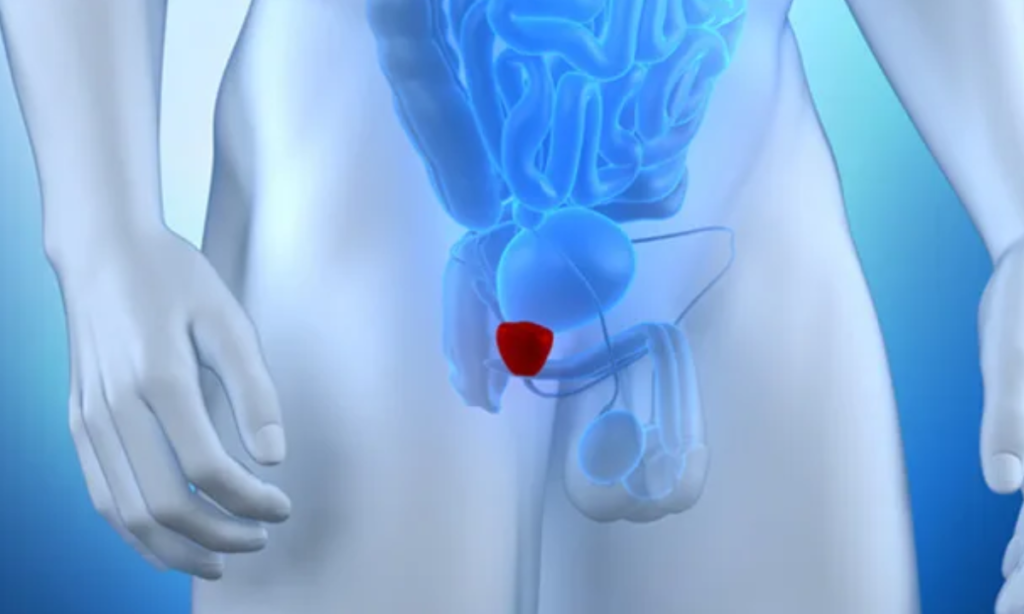Prostate cancer is one of the most common diseases among men. When detected early, it has a high chance of successful treatment and recovery. However, many men neglect preventive care due to fear or lack of information. Taking care of prostate health is crucial for ensuring quality of life and longevity.
What Is Prostate Cancer?
Prostate cancer occurs when cells in the prostate gland—a small organ located below the bladder responsible for producing seminal fluid—begin to multiply uncontrollably. In its early stages, the condition may not present noticeable symptoms, making early diagnosis all the more critical.

Risk Factors
Several factors can increase the likelihood of developing prostate cancer:
- Age: Men over the age of 50 are at higher risk.
- Family history: Having close relatives with the disease increases susceptibility.
- Unhealthy diet: Diets high in fat and low in fiber may contribute to cancer development.
- Sedentary lifestyle and obesity: Lack of physical activity can be a contributing factor.
The Importance of Prevention
The most effective way to fight prostate cancer is through prevention and early detection. The PSA (Prostate-Specific Antigen) test and digital rectal exam (DRE) are key in identifying the disease in its initial stages. Despite lingering misconceptions, the DRE is a quick, painless procedure that can save lives.r de ainda ser cercado por tabus, o exame de toque retal é rápido, indolor e salva vidas.

Symptoms to Watch For
In its early stages, prostate cancer may be asymptomatic. However, when symptoms do appear, they may include:
- Difficulty urinating
- Weak or interrupted urine flow
- Frequent urge to urinate, especially at night
- Blood in urine or semen
- Pain during urination or ejaculation
If you experience any of these symptoms, seek medical attention immediately.
Available Treatment Options
The choice of treatment depends on the stage of the disease and the patient’s overall health. Common treatment options include:
- Surgery: Removal of the prostate in advanced cases.
- Radiotherapy: The use of radiation to eliminate cancer cells.
- Hormone therapy: Reducing hormone levels that fuel tumor growth.
- Active surveillance: In cases of slow-growing tumors, regular monitoring may be sufficient.

How to Reduce the Risk of Prostate Cancer
In addition to regular screenings, adopting a healthy lifestyle can significantly reduce the risk of developing prostate cancer:
- Maintain a healthy diet: Increase your intake of fruits, vegetables, and fiber-rich foods.
- Exercise regularly: Physical activity helps maintain a healthy weight and reduces inflammation.
- Limit alcohol and tobacco consumption: These substances may increase cancer risk.
- Schedule routine check-ups with a urologist: Even without symptoms, regular medical visits are essential.
Prostate health should not be a taboo topic. Information and preventive measures are the most powerful tools in the fight against prostate cancer. Regular screenings and healthy habits can make a significant difference in ensuring a long and healthy life. Take care of yourself and encourage other men to do the same!

